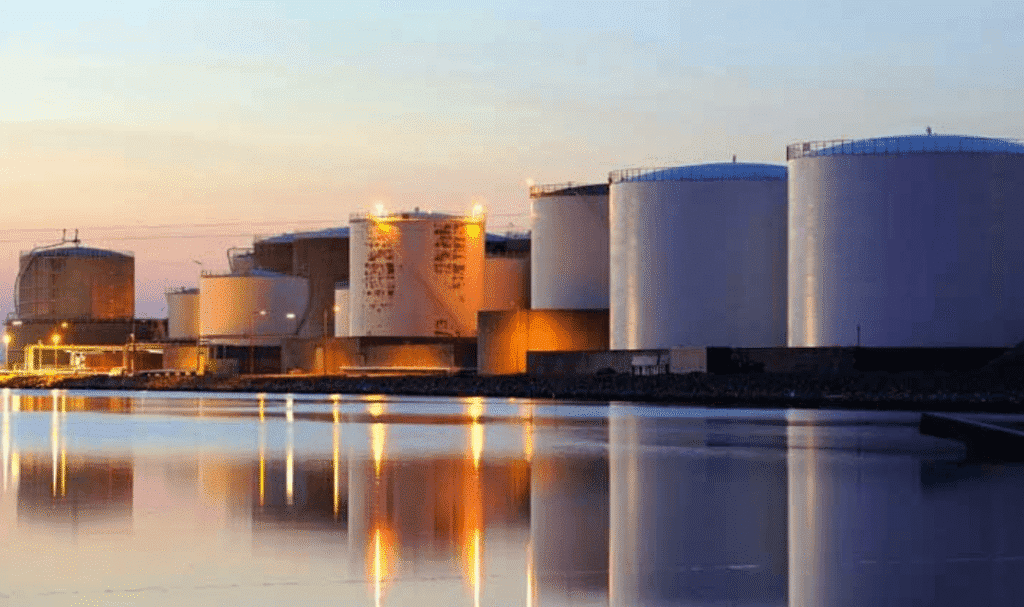The government has taken a major step to address the rampant smuggling and adulteration of petroleum products with the introduction of the Petroleum (Amendment) Act, 2025. The bill, presented in the National Assembly by Petroleum Minister Ali Pervaiz Malik, proposes amendments to the 1934 Petroleum Act, introducing real-time tracking systems for petroleum products from import and production to retail sale. The new law aims to combat the massive revenue losses and environmental damage caused by illicit activities, including smuggling and fuel adulteration, which are estimated to result in annual losses of Rs300-500 billion.
The bill introduces a technology-driven approach to monitor the supply of petroleum products, including LPG, and curtail illegal practices such as smuggling and unauthorized sales, particularly from sources like Iran. Local refineries and oil marketing companies have long called for stricter measures to prevent smuggling, which has hurt their businesses and contributed to significant government revenue losses.
Reports indicate that a large volume of petroleum products, mainly from Iran, is being smuggled into Pakistan. According to a previous government inquiry, this leads to an annual loss of Rs250 billion. A 2024 intelligence report revealed that as much as 10 million liters of Iranian petrol and diesel are smuggled into Pakistan daily, causing a revenue loss of over Rs227 billion. In response, the new law includes provisions for stricter enforcement, including the confiscation of illegal petroleum products and machinery used in illicit activities.
The bill empowers authorities to take immediate action against offenders, with the power to seize smuggled petroleum products, transport vehicles, and storage facilities. Violators could face significant fines, ranging from Rs1 million for first-time offenders to Rs10 million for repeat offenses. Additionally, illegal facilities will be sealed, and their machinery and stock will be confiscated. Facilities operating without a valid license will face closure and hefty fines of up to Rs10 million.
To support these measures, the bill introduces a comprehensive digital framework to track petroleum products throughout the entire supply chain, from storage points to petrol stations and transport vehicles. It also includes provisions for the closure of facilities involved in smuggling activities, with fines of up to Rs100 million and the confiscation of all related equipment and products.
With the introduction of the Petroleum (Amendment) Act, 2025, the government aims to curb illegal fuel practices, protect the economy, and ensure a more transparent and regulated petroleum market.
